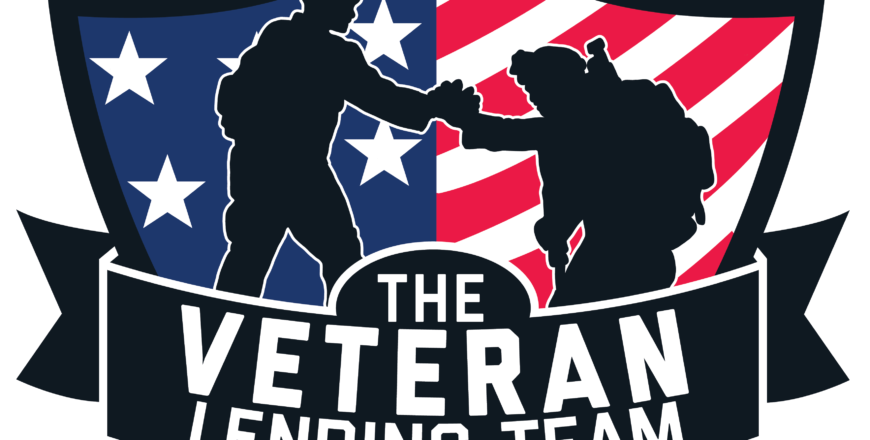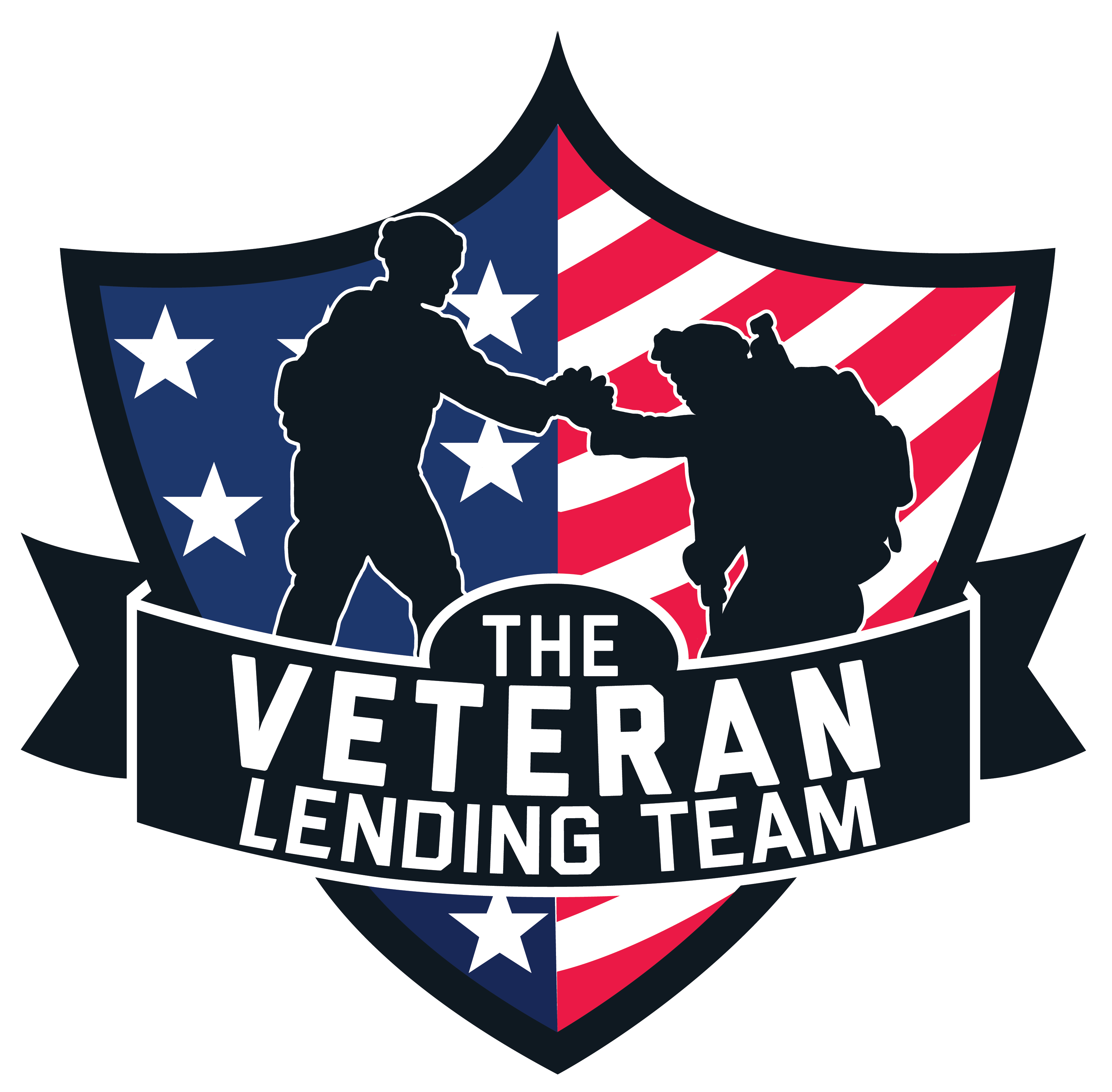Boots 2 Loans
- Description
- Curriculum

The Boots to Loans Program (B2L) is a program for transitioning Servicemembers and Military Veterans aspiring to enter the Mortgage industry. It is a 5 module program that prepares them for a successful sales career on The Veteran Lending Team as a Loan Officer, and future mortgage industry leader.
-
2The History of Banking
This lesson provides an in-depth historical overview of the Office of the Comptroller of the Currency (OCC), the United States' federal banking system. It traces the evolution of the financial sector from the days of the American Revolution to the modern era, detailing the challenges and reforms that have shaped banking in America. Key figures such as Alexander Hamilton, President Andrew Jackson, and President Abraham Lincoln are highlighted for their contributions to economic freedom and banking reforms. The lesson examines the establishment of the national banking system, the role of the OCC, and the pivotal moments in American financial history, including the Civil War, the Great Depression, and the introduction of the Federal Reserve System.
-
3Different Types of Banks
Today's lesson covers basic banking fundamentals, including how banks operate, the function of interest, the role of FDIC insurance, and the differences between various types of banking institutions. We delve into traditional banks, community banks, online banks, and credit unions, exploring the unique features and benefits of each. The session aims to provide a foundational understanding of banking to help you make informed decisions about where to keep your money.
-
4What is the FDIC?
In this session, we'll explore the FDIC (Federal Deposit Insurance Corporation) through an allegorical comparison to Severus Snape from the Harry Potter series. Just as Snape was a complex character with the best interests of the students at heart, the FDIC is often misunderstood but plays a critical role in protecting depositors. We'll discuss the FDIC's functions, including bank regulation and deposit insurance, and address common misconceptions and concerns about the FDIC's management and financial stability.
-
5History of the Modern Mortgage
This lesson examines the evolution of the mortgage industry in the United States, tracing its roots from the 1930s to modern times. We'll look at pivotal moments that shaped the landscape of home financing, including the creation of the FHA, the introduction of the VA loans, the innovation of PMI, the establishment of Fannie Mae and Freddie Mac, and the rise and fall of subprime lending. The lesson will also highlight how government policies and economic conditions influenced home ownership and the financial mechanisms supporting it.
-
6What Does an MLO Do?
Today's lesson is centered on understanding the critical role of a loan officer or loan originator in the mortgage process. A loan officer is the first point of contact for potential borrowers, responsible for structuring loans, knowing lending guidelines, locking in rates, and overseeing the transaction from start to finish. We will discuss the importance of choosing a loan officer who is knowledgeable, ethical, and actively involved in the success of the loan process.
-
7What Happens In Underwritting
Today's discussion focuses on the role of the underwriter in the mortgage process. You will learn why underwriting is crucial in determining the fate of your loan, strategies to streamline the underwriting process, and ways to expedite the process for a faster home purchase. The aim is to demystify the underwriting process, reduce stress, and facilitate a smoother home-buying journey.
-
8What Happens on Closing Day
Closing day for homebuyers, especially those financing the purchase, is a significant event. This lesson outlines what to expect on closing day, the importance of the Closing Disclosure, the role of the settlement agent, the documents involved, and the final steps to homeownership. Whether you're a first-time buyer or experienced in real estate transactions, understanding the closing process can alleviate stress and ensure a smooth finalization of your home purchase.
-
9Home Buying Guide
-
10What Is A Mortgage
-
11Different Types of Mortgage Lenders
-
12Fannie, Freddie and Ginnie
-
13What is Ginnie Mae
-
14What is a Mortgage Backed Security
-
15Fed Fund Rates vs Mortgage Rates
-
16What is Mortgage Servicing
-
17Who is Involved in Mortgage Servicing
-
18Mortgage Servicing - Defaults
-
19Understanding LLPAs
-
20Understanding Rate Locks
-
21Long Term or Extended Locks
-
22Pre-Qual vs Pre-Approval
-
23Making the Offer
-
24VA/FHA Addendum
-
25How Appraisals Work
-
26Conv vs VA/FHA appraisals
-
27What will fail a VA Appraisal
-
28Reading an Appraisal
-
29Understanding Appraisal Gaps
-
30Watching an Appraisal in Action
-
31What happens if the appraisal comes in low
-
32Tidewater and ROV
-
33Commercial Real Estate Apprasials
-
36VA Eligiblity
-
37VA Entitlement
-
38VA Entitlement Codes
-
39Property Guidelines
-
40VA Funding Fee
-
41Funding Fee Refund
-
42VA Credit Score Requirements
-
43DTI
-
44Occupancy Requirement
-
45Intermittent Occupancy
-
46Verification of Employment (VOE) for W2 Borrowers
-
47Job Gaps
-
48VA Closing Costs and Non-Allowable Fees
-
49How to Roll in Closing Costs
-
50How to reuse VA Loan
-
51VA Refi Options
-
52Joint VA Loans
-
53VA Loan Assumption
-
82Income Calculations Explained
-
83W2 - Qualifying With Bonus & Overtime Pay
-
84Military Income
-
85How To Calculate DTI
-
86Basic Self Employed Income Calculations
-
87VA Self Employment Income
-
88Schedule C
-
89Non-Taxable Income
-
90Student Loans Calculations
-
91Alimony & Child Support
-
92Second Job
-
93Union Workers
-
94Union Workers 2
-
127New Loan Officer Mastermind
-
128How to Get Deals from Your Sphere
-
129Importance of Relationships
-
130How to Build Realtor Relationships
-
131WHAT LOAN OFFICERS & REALTORS SHOULD DO DAILY
-
132How to Find Realtor Partners as a New Loan Officer
-
133Realtor Rebuttals
-
134The SIMPLEST Loan Officer Marketing Business Plan on Earth
-
135Gary Vaynerchuk on Realtor & Lender Marketing Strategy
